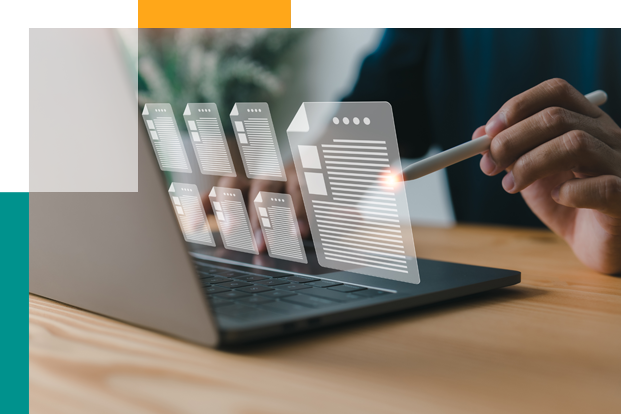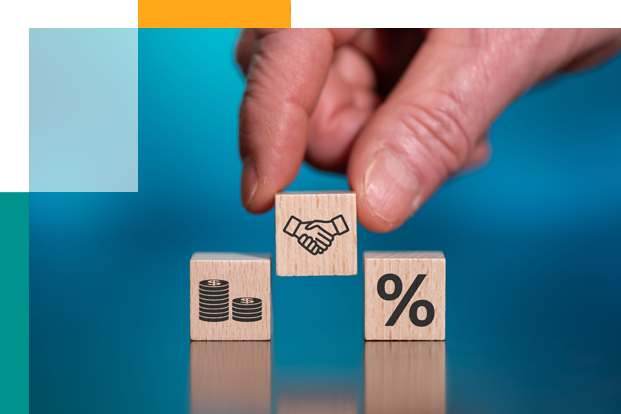SBA 7A Loan for Commercial Property

The Commercial Real Estate business is a lucrative business that offers a lot of profit to investors who purchase the right commercial property at the right time.
But the amount of profit an investor can make from a Commercial Property Real Estate business trade is marginally dependent on the amount of financing the investor can dedicate to the commercial property.
Not all investors have enough financing to purchase a commercial property, but with an SBA 7a loan, almost anyone can purchase a Commercial Property.
In this article, we will share some knowledge on an SBA 7a loan and how it could get you the Commercial Property you desire.
What Is an SBA 7A Loan for Commercial Property?
An SBA (also known as Small Business Administration) 7a loan is what most small businesses turn to when they need an affordable and fast option for accessing financial support.
SBA 7a loans may be easy to acquire, but before businesses can have access to them, they are required to provide some information requested by the SBA 7a financing agency.
After their application has been approved, small businesses are granted access to the loan. When small businesses apply, their applications are approved based on the information they can provide.
The eligibility of small businesses aiming to apply for this loan type is dependent on the following criteria:
- The loan agency must consider the business a small business.
- The business has to operate for profit.
- The business has to provide an agreeable reason for the loan they request.
- The business must require the funds for business-related purposes that will likely yield profit.
- The business must have reasonably invested in equities.
- The business may need to prove that they have already used its assets and other financial resources before applying for an SBA 7a loan.
- The business must have already settled all debts yet to be paid before applying for an SBA 7a loan, meaning that debtors will not be considered during the approval process.
SBA 7a financing agencies are required to submit specific documentation relating to the amount of financing aid requested by the business demanding it. These specific documentations are submitted to SBA, and they may or may not include:
- A borrower information form
- Personal financial statements
- Some business financial statements
- Ownership and affiliations of the borrower
- License or certificate of doing business
- Income tax returns
- Federal income tax returns
- History of loans applied for
- Business lease
- Business overview and history
- Current balance sheet
- Terms and bill of sale
- Proof of equity injection
- Resumes
Small businesses are advised to submit their application through a lender that follows the SBA application guidelines.
Some specific loan cases may demand that you provide more information before your loan can be approved. An SBA financing agent can help you decide what loan is best for you and what you need to provide to acquire a successfully approved application.
How Does the SBA 7a Loan Program Work?
The SBA 7a loan program is a loaning system that allows small businesses to access financing aid through banks, financial institutions, or SBA 7a financing agencies.
As a business applying for a loan, you will be required to provide several documents to the SBA 7a financing agency. The documents you provide to your selected financing institution or SBA 7a financing agency will then be submitted to the SBA for authentication and approval.
Depending on the extent of financial aid you request, the SBA will approve your application and guarantee the SBA financing agency that they can release funding to you.
How Can Commercial Property Owners Utilize an SBA 7a loan?
SBA 7a loans prohibit financing apartment complexes, single-family houses, or commercial real estate that are not owner-occupied, so you must ensure you fill in the correct details when applying for this loan type.
We at Finance Lobby are available to guide you through your loan process and help you find out if you qualify for an SBA 7a Commercial Property loan.
As a Commercial Property Owner, you can use an SBA 7a loan for several purposes that can help you acquire more profit from your property.
Commercial Property Owners can use an SBA 7a loan for:
- Renovating an existing Commercial Property
- Refinancing a business debt; depends on the conditions surrounding the debt
- Purchasing business-related resources such as equipment and material
- Executing the day-to-day activities of the business
- Constructing or purchasing a new Commercial Property
Pros and Cons of Using an SBA 7a Loan to Finance a Commercial Property Purchase
Pros
- Depending on how much financing aid you apply for, little or no equity is required to access an SBA 7a loan.
- More extended payment returns plans that allow small businesses to repay with a more convenient plan.
- No early repayment penalty is imposed on loans of less than 15 years.
- The opportunity to create a customizable loan package that will serve multiple uses.
- No loan covenants that may sabotage your loan package.
- SBA 7a loan programs have established a set of underwriting guidelines that are not strict.
Cons
- SBA 7a loans require applicants to pledge all their available collateral when the business’s assets are insufficient to secure the loan.
- The interest rates are variable; therefore, the interest rates are subject to potential quarterly adjustments that can affect your payment plan.
How to Apply for an SBA 7a Loan?
To apply for this loan, you will need to contact a financing institution that can follow the SBA guidelines and inform you of the required documents you need to provide in your application.
The financing institution to which you apply for an SBA 7a loan will submit your documents to the SBA for approval.
Once the SBA approves your documents as credible and relevant, the financing institution will release the financing aids requested by the borrower.
FAQs
What is an SBA 7a loan?
An SBA 7a loan is a source of financing that small businesses can utilize to purchase a Commercial Property or execute a desired business-related activity.
How to apply for an SBA 7a loan?
Before you can successfully apply, you will need to provide some credible documentation.
Only relevant and authentically proven documents you provide in your application will be approved and grant you the financing you request from the SBA 7a financing agency of your choice.
How hard is it to get an SBA 7a loan?
Getting this type of loan is a relatively easy task to achieve. Your access to the loan depends on whether you can provide the information the agency requested. Most SBA 7a financing agencies will grant you access to the funds provided your business can repay the loaned financing.
Can SBA loans be used for commercial real estate?
Yes, SBA loans can be used for financing the purchase of Commercial Real Estates Properties or executing profitable activities associated with owned Commercial Real Estate Properties.
What can you use SBA 7a for?
Small businesses can use the funds to execute profit-oriented activities that can yield enough return to repay the loaned financing within a reasonable time frame.
How much do you have to put down on an SBA 7a loan?
The maturity period for repaying an SBA 7a loan is up to 25 years. This type of loan do not impose strict down payment conditions; they may ask for a down payment of 10% or more if the business asking for a loan is a high-risk business.
Conclusion
SBA 7a loans are a great and reliable source of acquiring financing, and if you need that financing for a commercial property, then an SBA 7a loan is the one for you.
Finance Lobby is the top commercial real estate financing platform. We connect you with thousands of lenders in the US. With our cutting-edge technology, we make the whole lending process easy.


